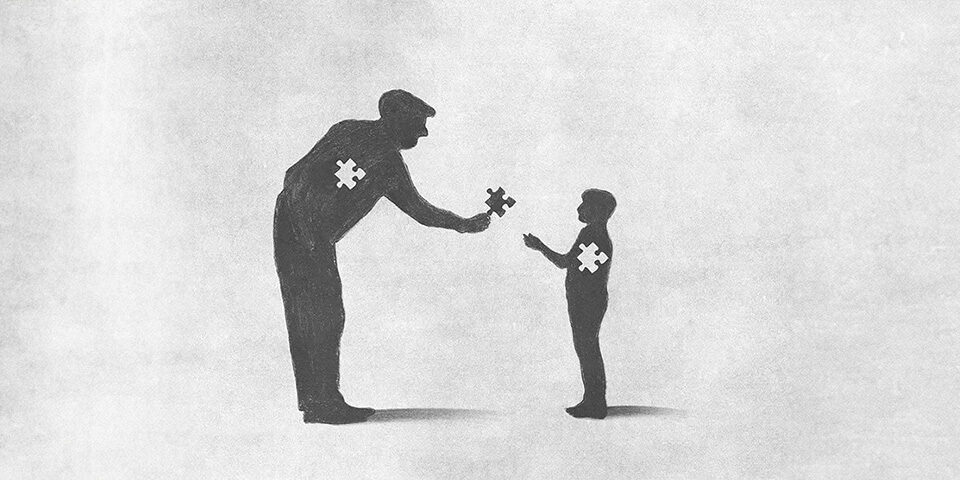
Learning to Manage Fear in Recovery
When people give up abusing alcohol and drugs it does not mean that their trials in life are over. They are still going to have to deal with the ups and downs of life just like everyone else. The only difference will be that they won’t be hiding from reality or making things worse through substance abuse. One of the things that people in recovery are almost certain to face is fear. It is unavoidable. Those who are emotionally sober are no longer interested in hiding from fear. Their focus is on learning to manage it effectively.
Fear Defined
Fear can be defined as a distressing emotion aroused by impending pain or danger. The trigger for this emotion can be real or imaginary, and it may or may not be rational. When people feel fear, they may go into panic mode. This means that are unable to think clearly or make good decisions. It is usual to view fear as a negative emotion, but it can also be highly beneficial, as it helps to keep humans out of danger.
Fear and Addiction
Fear can keep people trapped in addiction. The individual may have the clarity to see how much the substance abuse is destroying their life, but the idea of leaving their misery behind frightens them. This is because there is comfort in the familiar even when the familiar is far from ideal. People who are trapped in alcoholism can develop the idea that their life is as good as it can get. They can imagine that a life in sobriety is dull and unsatisfying. They are frightened by the idea of facing life without alcohol and drugs. It can all seem like a great deal of work with no real reward.
Common Fears in Recovery
These are some of most common fears for people in recovery:
- The fear that life will not be enjoyable again (particularly prominent during early sobriety)
- Staying sober will require too much effort
- Fear of journeying into unknown territory
- Fear of facing life challenges without a chemical crutch
- Fear of failure or, alternately, success
- Financial concerns
- Career concerns
- Relationships concerns
- Fear of death
- Fear of ill-health
- Fear of loss of a loved one
Fear of Getting Better in Recovery
People can be afraid of getting better in recovery. This is because so much of their identity has been wrapped up in their addiction. It can be impossible for people to imagine a life where substance abuse is no longer so important to them. The idea of a person who is happy and sober can be a bit frightening. It is so different to the individual’s current circumstances. It can feel like they need to give away their current identity in order to become a stranger. Getting better is undoubtedly a step into the unknown and it does take courage to press forward into sobriety.
Dangers of Fear in Recovery
It is natural for people to experience a bit of fear in their life. It can make them cautious and ensure that they make better decisions. Excessive fear in recovery can for the following reasons:
- Too much fear prevents people from taking needed action. This can easily lead to relapse.
- Excessive fear prevents people from thinking clearly, leading them to make poor decisions.
- Fear can lead to stress and this can damage people physically and mentally.
- Fear can be used as a justification for a relapse.
- A person who is full of fear will feel unsatisfied in recovery.
- Fear can stop the individual from developing emotional sobriety.
How to Deal with Fear in Recovery
It is probably not possible to make it through life without occasionally having to face fear. What people can do is become better at managing this emotion. This can be achieved in the following ways:
- In order to overcome fears the individual needs to be willing to face them. This means launching an investigation into exactly what it is they are afraid of.
- People can use relaxation techniques to prevent fear from turning to panic. These techniques for stress reduction can also help prevent people become sick if they are dealing with a great deal of turmoil in their life.
- Mindfulness meditation is a wonderful technique that allows people to observer their fears more objectively. The individual can learn to view fears as just a reaction in their mind that can be controlled.
- The old saying a problem shared is a problem halved is certainly true when it comes to fears. Sometimes just taking about these concerns can make all the difference.
- Keeping a journal gives the individual the chance to get their fears down on paper. This makes it easier to analyze them and find a solution for them.
- Those individuals who belong Alcoholics Anonymous or to one of the other 12 Step fellowships will be able to discuss their fears with a sponsor or in the meetings.
- Taking a more positive view of fear can be helpful when dealing with it. Instead of viewing this emotion as the enemy it can be seen as a helpful guide in life.
- Sometimes deliberately facing a fear can be an effective approach. If the individual has phobic symptoms surrounding the fear, this should be done with the help of a professional.
- If people find that fear is interfering with their ability to find happiness in recovery, then it may be necessary to seek outside help by spending time with a therapist. This professional will be able to help the individual get to the root of their fears.
We ask Him to remove our fear and direct our attention to what He would have us be. At once, we commence to outgrow fear.
By www.alcoholrehab.com





